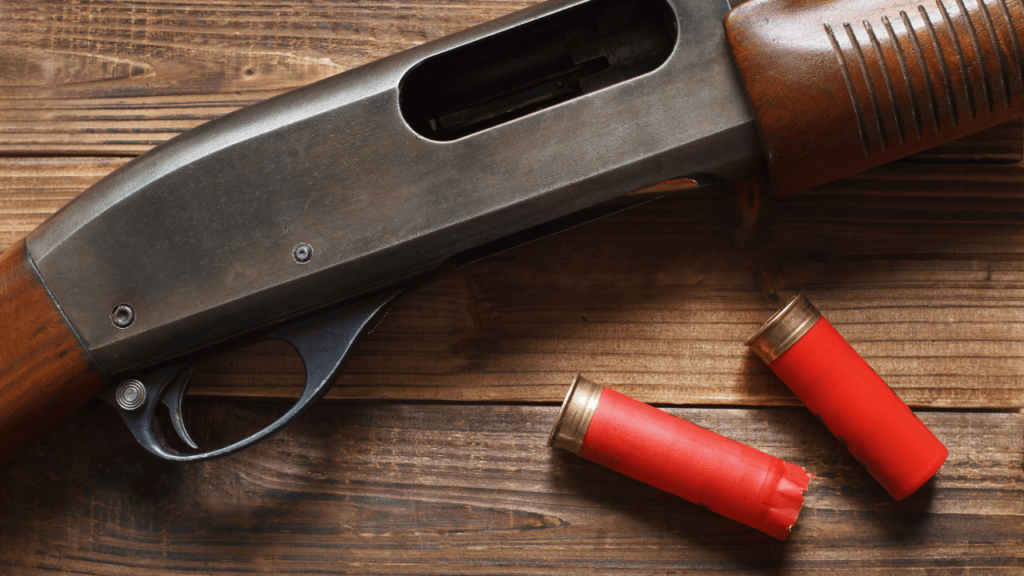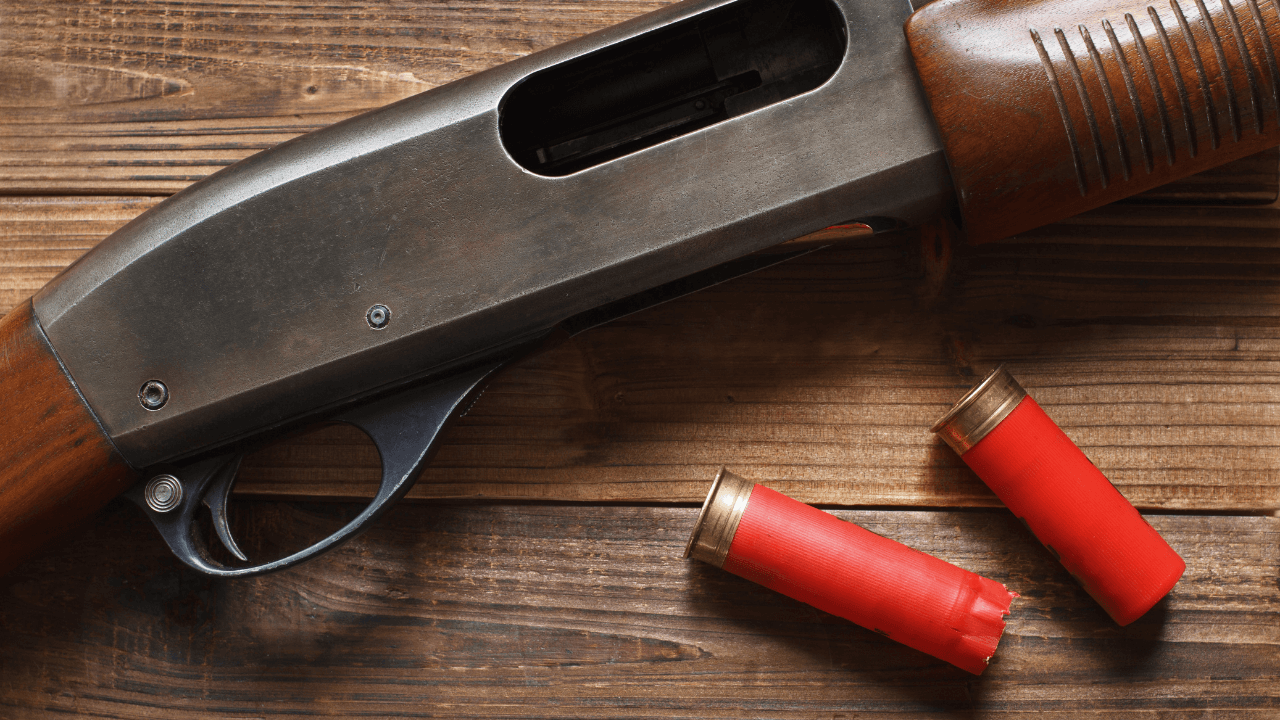
New Jersey law prohibits possession of certain types of weapons, which are divided into several different categories. Each category carries varying degrees of punishment for possession, and the consequences can be serious. If you are facing a charge of possessing a prohibited weapon, you should have experienced legal counsel to represent you. Rosenblum Law criminal defense attorneys are standing by, so call us for a free consultation.
In this article, we break down New Jersey’s prohibited weapons laws, including what they require and the penalties for violating them.
 Understanding Prohibited Weapons Laws in New Jersey
Understanding Prohibited Weapons Laws in New Jersey
Prohibited weapons in New Jersey are those that are illegal for someone to physically possess. However, there are some exceptions to these prohibitions of certain types of weapons in specific circumstances.
For example, some weapons are allowed for law enforcement officers and military personnel while they are on duty. The more destructive the weapon, the more severe the penalties are for illegal possession.
The following are various categories of prohibited weapons:
- Destructive devices: This is a device that creates an uncontrolled combustion or explosion. It includes rockets with more than four ounces of propellant charge or missiles with an incendiary charge of more than one-quarter of an ounce. Any breakable container containing flammable liquid with a wick or some other mechanism that makes it ignitable is also considered a destructive device.
- Sawed-off shotguns: This includes a shotgun with a barrel of less than 18 inches in length, a rifle with a barrel of less than 16 inches in length, and any firearm made from a rifle that is less than 26 inches in total length.
- Silencers: This includes any instrument that, when attached, is designed to muffle or eliminate the sound of a firearm.
- Defaced firearms: These firearms have had distinguishing markers defaced, removed, altered, or destroyed. This includes the manufacturer’s serial numbers, the name of the manufacturer, the model number, and other identifying markers.
- Body armor penetrating bullets: Also known as “dum-dum” bullets, these types of bullets are particularly destructive because they can pierce body armor.
- Stun guns: These are weapons that emit an electrical charge designed to temporarily or permanently disable a person.
- Large-capacity ammunition magazine: This type of magazine can hold more than ten rounds that are fed directly and continuously into a semi-automatic firearm. Exceptions to this prohibition are for those who legally register the firearm and use it for properly sanctioned competitive shooting matches.
- Handcuffs: These are illegal to possess when not intended to be used for lawful purposes.
- Certain weapons: This category encompasses all other weapons that do not fall under the categories above. These include a gravity knife, switchblade knife, dagger, dirk, stiletto, billy club, blackjack, metal knuckle, sandclub, slingshot, cestus or similar leather band studded with metal filings, razor blade imbedded in wood, or ballistic knife. It is against the law to possess one of these except for an explainable lawful purpose.
Factors Considered in Prosecuting Possession of a Prohibited Weapon
To prove the crime of possession of a prohibited weapon, the prosecution has to prove that:
- The defendant physically possessed the weapon
- The defendant knew they possessed the weapon
- The object or device the defendant possessed was legally considered a prohibited weapon
Some categories of weapons, when possessed illegally, will result in a fourth-degree felony. These include certain types of knives, a firearm with a silencer, billy clubs, defaced firearms, and more. Illegally possessing other types of weapons will result in a third-degree felony, including various explosive devices, rockets, sawed-off shotguns, and others.
There are various legal defenses one could use to defeat a possession of prohibited weapons charge. One potential defense could be to show that the defendant never physically had the weapon in his or her possession. The defendant might also be able to argue that the device in question was not a prohibited weapon, or that they did not knowingly possess it.
 Consequences of Possessing a Prohibited Weapon in New Jersey
Consequences of Possessing a Prohibited Weapon in New Jersey
The severity of the penalties for possessing a prohibited weapon in New Jersey depends on the type of weapon in question. If the charge is a fourth-degree felony, the defendant could receive up to 18 months in jail. For a third-degree felony, they could receive a sentence of three to five years. You also can lose your right to purchase and possess a firearm.
 How An Attorney Can Assist Someone Accused of Possessing a Prohibited Weapon in New Jersey
How An Attorney Can Assist Someone Accused of Possessing a Prohibited Weapon in New Jersey
Given the consequences of being charged with possessing a prohibited weapon in New Jersey, it is important to hire an attorney to present a defense. During the initial consultation, the attorney will evaluate the facts of the case and explain the potential consequences the defendant may be facing.
Next, the attorney will gather evidence and witness testimony to bolster the defendant’s arguments and advocate on their behalf during court proceedings. In many cases, it may be prudent to negotiate with prosecutors to mitigate penalties in exchange for a guilty plea. If fighting the charges in court is the best approach, the attorney will do so in court.
 Frequently Asked Questions about Prohibited Weapons in New Jersey
Frequently Asked Questions about Prohibited Weapons in New Jersey
Many weapons are prohibited in New Jersey, including explosive devices, sawed-off shotguns, defaced firearms, silencers, handcuffs, certain types of knives, and more.
There are some prohibited weapons that you are allowed to own but not carry in public without a permit. This includes firearms and various types of knives, such as switchblades, gravity knives, daggers, and stilettos.
Possession of a prohibited weapon in New Jersey can result in prison time and having a felony criminal record. This can hinder future opportunities for employment and housing. You will also lose the right to own firearms.
Yes. You can apply for a permit that allows you to carry a concealed weapon that would otherwise be prohibited. There are also some exceptions for law enforcement officers and military personnel when they are carrying weapons in the course of their duty.
One defense might be to attempt to prove that: (1) The defendant never actually had the prohibited weapon in his or her possession; (2) The defendant did not know the weapon was in his or her possession; and/or (3) The object in question was not a prohibited weapon. Which legal defenses are available will depend on the circumstances of the specific case.
This decision depends on the facts and the strength of the prosecution’s case.
 Call a Rosenblum Criminal Defense Attorney for a Free Consultation
Call a Rosenblum Criminal Defense Attorney for a Free Consultation
Being convicted of possession of a prohibited weapon in New Jersey can result in a prison term of up to five years, depending on the type of weapon and the discretion of the judge. If you are facing this charge, contact Rosenblum Law and schedule a free consultation with one of our experienced criminal defense attorneys. They will analyze your case and explain your best options for a legal defense.
If you hire Rosenblum to represent you, the attorney will guide you through the entire process and advocate fiercely for your rights. This could include negotiating with the prosecution to get the charges reduced or going to court to fight them.










 888-815-3649
888-815-3649
